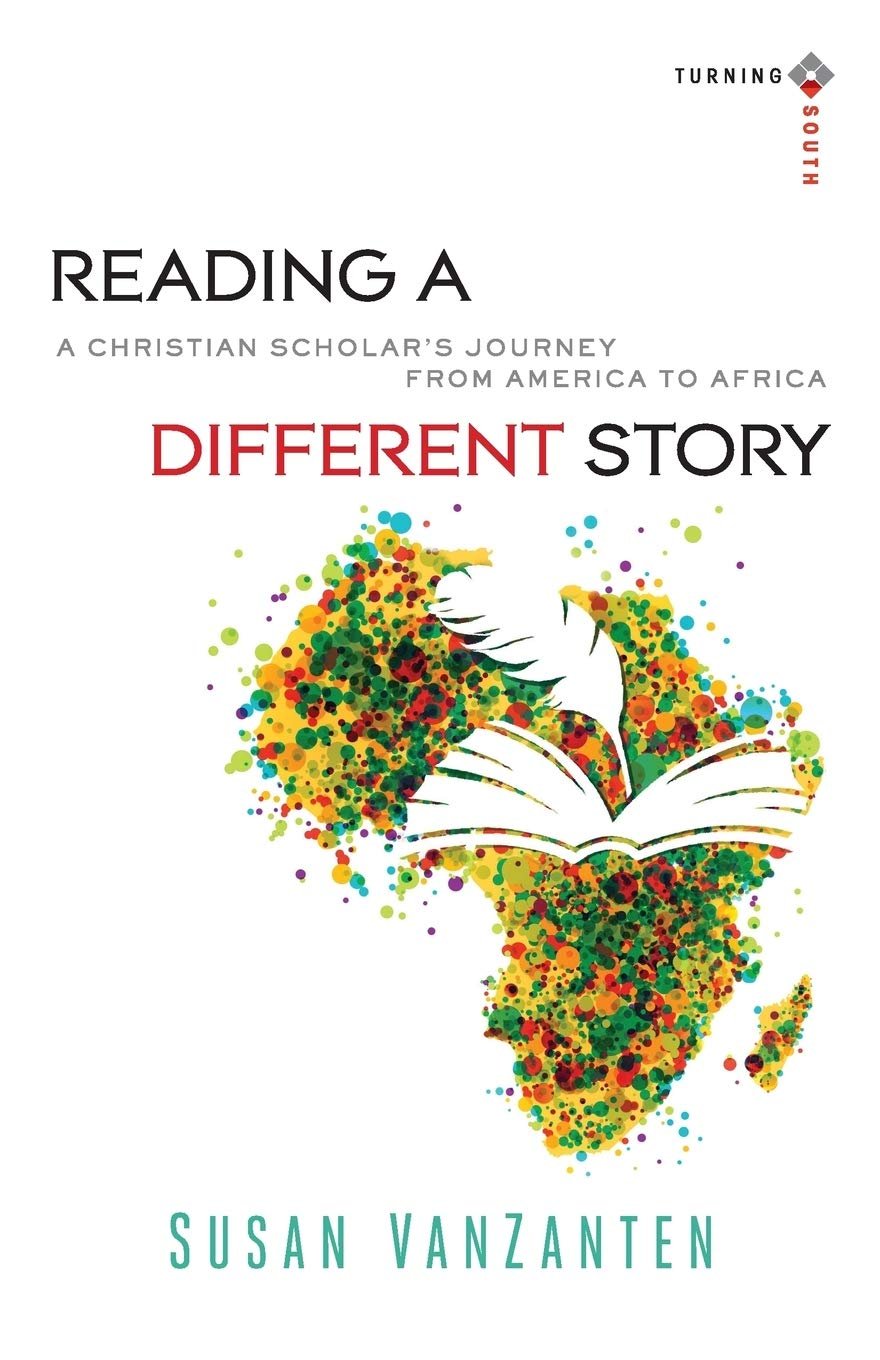Reading a Different Story
There has been much talk in recent decades about the shift in the center of gravity in global Christianity from the west and the north to the south and the east, and books like The Next Christendom by Baylor historian Philip Jenkins have brought the conversation to a popular level. Indeed, the numbers are indisputable. While churches in much of Europe and North America have seen declining and stagnating attendance levels, respectively, the pattern does not hold elsewhere in the world. Rather, throughout Africa, Asia, and Latin America there has been a remarkable degree of Christian dynamism and numerical growth, especially in Pentecostal and charismatic churches.
Whereas the Global South has long been seen as “the mission field,” the tables are increasingly being turned, and the implications for churches, global mission agencies, faith-based NGOs, and Christian institutions of higher learning cannot be overstated. What can our brothers and sisters closer to Christianity’s new center of gravity teach us about our common faith? In what ways would we do well to rethink our long-held assumptions and practices?
Reading a Different Story: A Christian Scholar’s Journey from America to Africa, the second installment in a new series of books from Baker Academic called Turning South, is a memoir of Susan VanZanten’s literary, theological, and spiritual journey. The story begins in her close-knit and conservative Dutch Reformed community in the Pacific Northwest, leading through various educational institutions as a student and then as a teacher, all the while discerning her calling as a literature professor. We trace the contours of her intellectual and scholarly life from an early interest in Flannery O’Connor to a dissertation on Moby-Dick and ultimately to a keen interest in the literature of South Africa.
Many of us, myself included, take for granted the ready accessibility these days of books written by authors from around the world. Among the books in my home library are works with spines bearing names like Achebe, Beah, Coelho, Tutu, Hosseini, Perez Esquivel, Rusesabagina, Chang, Sen, Escobar, Katongole, Satrapi… and the list goes on. Few of these required going very far off the beaten path to acquire. But such access has not always been the case, as VanZanten reminds us. Indeed, it’s one of globalization’s blessings that we can now learn more about the world around us than ever before.
VanZanten’s burgeoning personal and professional interest in South African literature had a lot to do with her Dutch Reformed upbringing and with the unavoidable apartheid-related headlines of the day. She was haunted, it seems, by the ethnic and theological roots she shared with the oppressive and racist Afrikaners, and sensed an inescapable responsibility to do something.
As a Christian scholar of literature, she became fascinated with the themes of confession that ran through South African literature. Some authors whose work she studied related tales of coerced confessions—to political crimes that may or may not have occurred—under the apartheid regime. Others wrote of their own confessions of sin in the midst of their nation’s tumult. Confession can be a tool of injustice, VanZanten suggests, but it can also be life giving. “Properly practiced,” she writes, “confession fashions genuinely flourishing individual and communal identities.
When the historic Truth and Reconciliation Commission (TRC) hearings got underway, confession took on new meaning entirely for those involved. Under the leadership of Archbishop Desmond Tutu, the TRC hearings constituted a watershed moment for post-apartheid South Africa, impacting, among many other aspects of society, the nation’s literature. Therefore, the hearings became a focal point of VanZanten’s work.
The TRC gave victims of brutality and gross human rights violations a chance to speak publicly about their horrific experiences, while also granting perpetrators an opportunity to confess to their crimes and to request amnesty. Though confessions were not necessarily Christian in any explicit sense, VanZanten notes that Christian confession shaped the reconciliation process in three crucial ways: “it provided a moral standard of good and evil, a set of images and rhetoric in which the process could be conducted, and a declaration of the centrality of community for personal identity.” VanZanten eventually expanded upon these observations in her later book, Truth and Reconciliation: The Confessional Mode in South African Literature.
Ultimately, VanZanten is an apologist for “Christian cosmopolitanism.” She wants believers’ allegiances to transcend geopolitical borders. Specifically, she wants us to read widely and well in order to better love God and to love our neighbors, both near and far. While she specifically appeals to her colleagues in academia, the principle applies to the rest of us just as well. “I have come to believe that Christian literary scholars should be cosmopolitans in their reading, teaching, research, and scholarship, moving from the excessive nationalism often found in literary studies to study cultural particulars found across the globe,” she writes.
While she acknowledges a continued need for the study of national identity and local traditions in the west, VanZanten urges scholars—and Christians generally—to expand our horizons. “Taking a global approach to literature allows us to balance our local identity—formed through our embodiment in a physical, social world—with a cosmopolitan identity endowed by our common creation in the image of God.”
VanZanten’s account in Reading a Different Story is intensely personal; the specific contours of her life will vary drastically from yours and mine. Further, as one whose daily work takes place outside the walls of academia, I found this book required a fair amount of “looking in.” But for those of us who read regularly—not to mention those who read (and write) book reviews— Susan VanZanten’s invitation to turn south in our literary interests is one we’d do well to heed.
This review originally appeared in the Englewood Review of Books.
